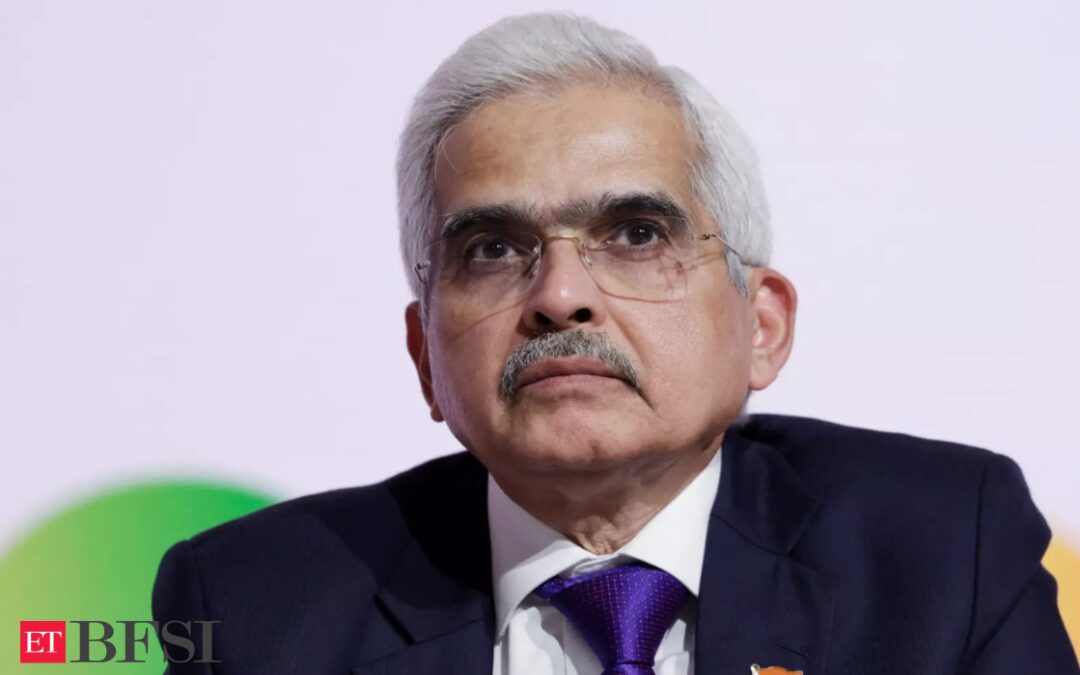MUMBAI: RBI governor Shaktikanta Das has urged banks to avoid the “mindless pursuit of bottom line”. He pointed out that some profit-driven business models may contain hidden vulnerabilities, emphasising that profitability should not come at the expense of managing these risks.
Speaking on keeping the financial system resilient and crisis-immune at an event organised by the College of Supervisors, Das said that RBI’s endeavour is to smell out a crisis before it builds into one and take advance action. “I cannot afford to say that we are able to smell out a crisis on every occasion, but we can do this on a best-effort basis,” Das said.
Das highlighted how RBI’s actions to moderate credit growth in unsecured credit and lending to NBFCs had resulted in lending to these sectors slowing down. He said that the central bank has also started adopting unconventional measures, such as having an RBI executive director address the board of a regulated entity if it feels stress is building up.
The governor’s statement comes at a time when bank profits are at an all-time high, with the sector’s collective bottom-line crossing Rs 4 lakh crore. Market expectations of sustained profit growth have driven the Nifty Bank Index to an all-time high.
The governor explained RBI’s proactive approach against the backdrop of the global discussion on whether regulators were behind the curve during the recent banking crisis led by the Silicon Valley collapse in the US and Credit Suisse in Europe.
“In today’s environment, which is characterised by turbulent global spillovers and uncertainties, it’s important for the financial sector to form an adaptive and forward-looking approach to navigate amidst the emerging challenges,” said Das.
Das said that RBI will fine-tune the regulatory architecture and supervision reading to promote the long-term resilience and stability of the financial system. He added that stress in the financial system can arise from multiple sources – from internal factors such as deficiencies within a bank, financial entity, or an NBFC to external factors like climate-related issues, changes in business cycles, or misaligned monetary policies that do not reflect the economic conditions.
A seemingly minor problem in the balance sheet or financial institution, which management might overlook, could escalate over time. Undetected fraud within these organisations can also build up to create significant stress. Technological failures or dependencies, such as IT system outages, can further contribute to financial instability. In the larger context, failures elsewhere can impact a financial entity, potentially leading to a crisis.











